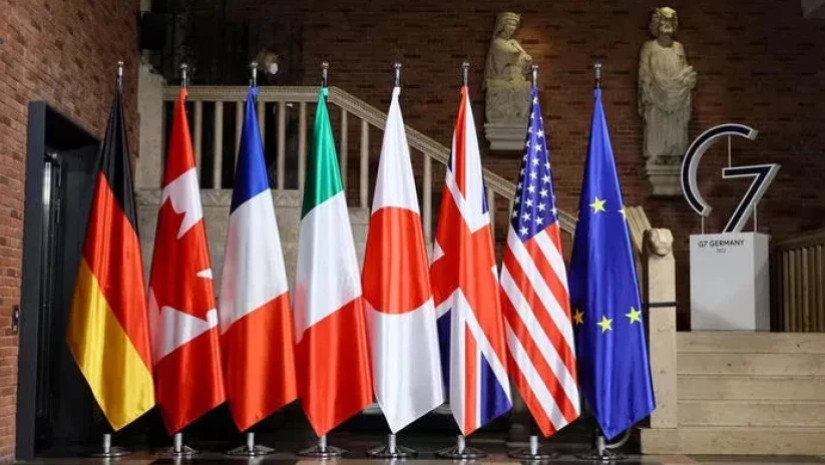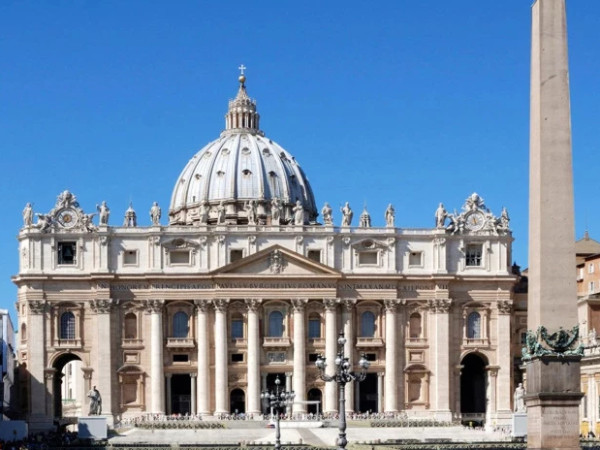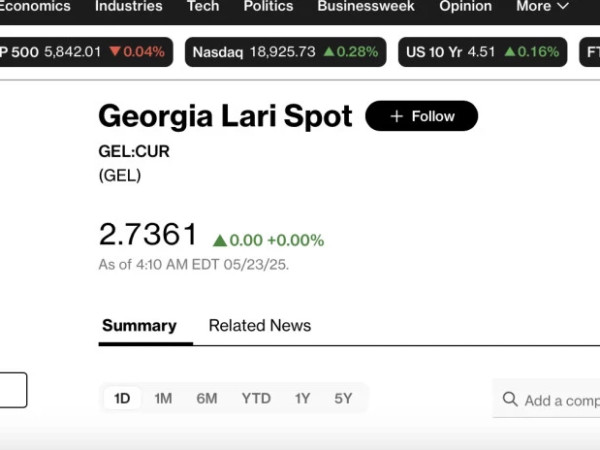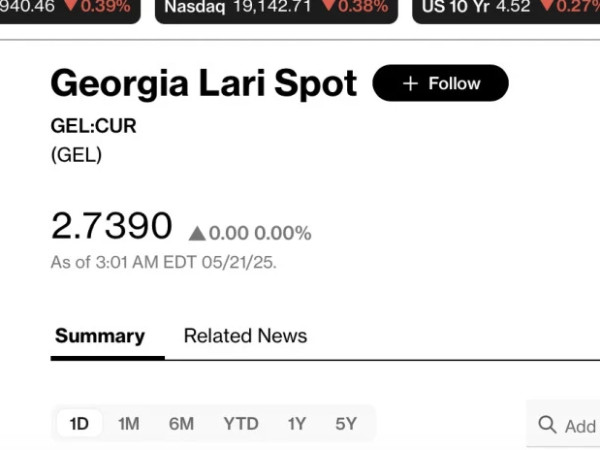The Group of Seven (G7) issued a joint statement on May 22, pledging to keep Russian assets frozen until the end of the war and to support Ukraine's recovery.
Canada, which holds the G7 presidency in 2025, released the statement on behalf of the group.
"We reaffirm that... Russia’s sovereign assets... will remain immobilized until Russia ends its aggression and pays for the damage it has caused to Ukraine," the statement read.
The group condemned "Russia’s continued brutal war against Ukraine" and commended "the immense resilience from the Ukrainian people and economy."
The statement also reaffirmed that "the G7 remains committed to unwavering support for Ukraine in defending its territorial integrity and right to exist, and its freedom, sovereignty and independence toward a just and durable peace."
Moreover, the G7 leaders welcomed "ongoing efforts to achieve a ceasefire," and promised to explore options "to maximize pressure such as further ramping up sanctions" on Russia if a ceasefire is not agreed.
Recognizing the substantial costs associated with Ukraine's recovery, estimated at $524 billion over the next decade by the World Bank Group, the G7 committed to "help build investor confidence through bilateral and multilateral initiatives" and to continue coordinating support for Ukraine's recovery and reconstruction.
Furthermore, the G7 agreed to work with Ukraine "to ensure that no countries or entities, or entities from those countries that financed or supplied the Russian war machine will be eligible to profit from Ukraine’s reconstruction."
Since Russia launched its full-scale invasion of Ukraine in 2022, the G7 countries have collectively supported Kyiv, including through the Extraordinary Revenue Acceleration program, which aims to provide Ukraine with $50 billion in loans using frozen Russian assets.
The G7 currently includes Canada, France, Germany, Italy, Japan, the United Kingdom, and the United States. The European Union is also represented in the group.


















